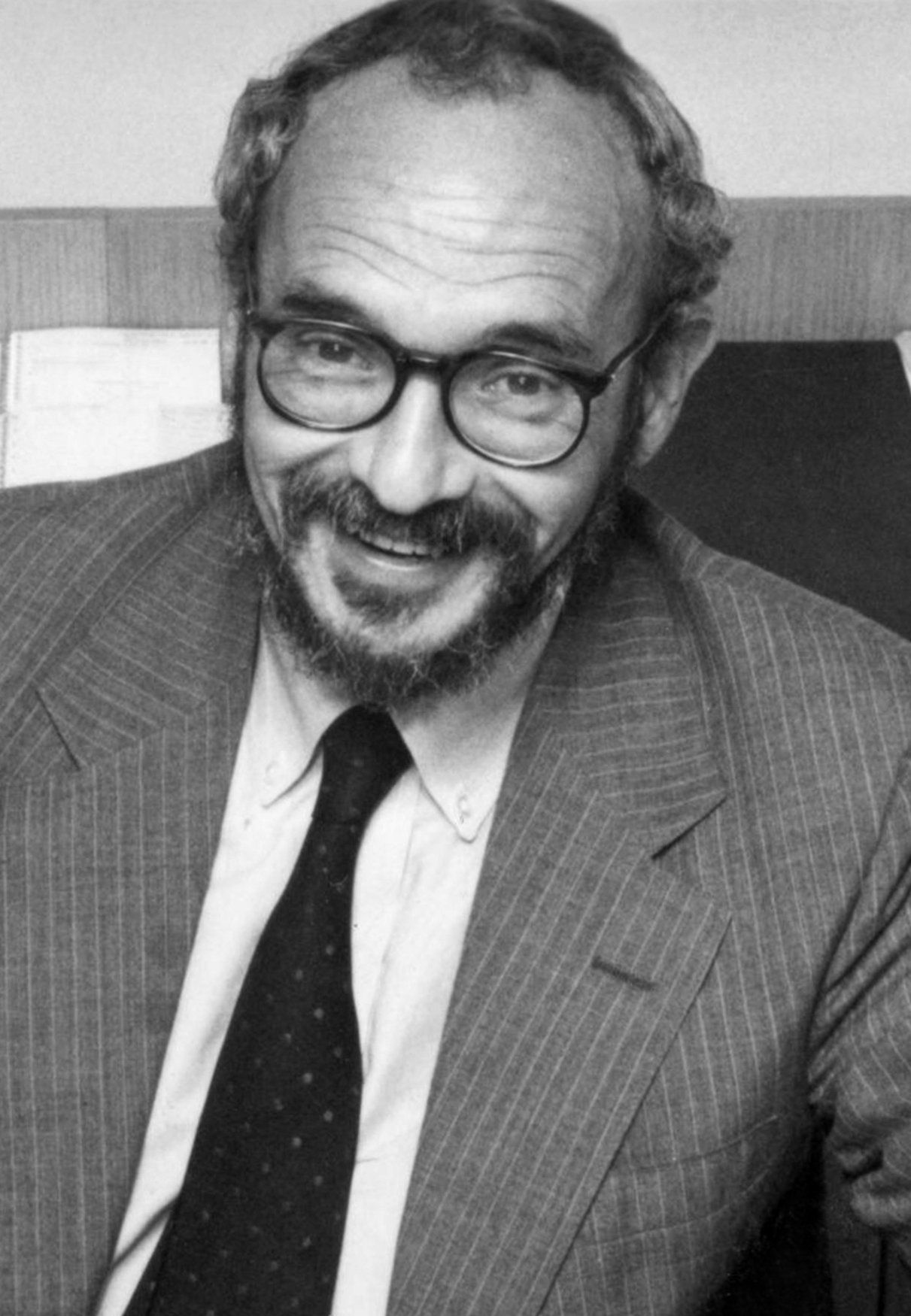Clemente's Vision
The humanities have great appeal to give people a sense of self, to see the world and themselves differently in the Greek sense of reflective thinking, of autonomy. People who know the humanities become good citizens, become active, not acted upon.
- Earl Shorris, Clemente Founder

Clemente's History
In the spring of 1996, the Clemente Course in the Humanities graduated its first class in the Roberto Clemente Family Guidance Center in Manhattan’s Alphabet City. Seeking to understand the roots of poverty in the United States, Earl Shorris developed a rigorous humanities course like the renowned Great Books course he had taken at the University of Chicago.
Shorris was inspired by his interview with an incarcerated woman, Veniece Walker. She told him that those struggling economically needed access to “a moral alternative to the street.” To Shorris, that moral life was embodied in the humanities. This insight became the backbone of Shorris' seminal book,New American Blues, available today asRiches for the Poor: The Clemente Course in the Humanities.
Shorris’ writings ignited interest around the world in new, inclusive models of higher education. With the academic support of Bard College, Clemente Courses grew rapidly across the country in the 2000s, earning Shorris, and later the organization itself, a National Humanities Medal.


After Shorris' passing, his close friend and editor Starling R. Lawrence, editor-in-chief at W. W. Norton, took up the torch as Clemente board president. The diverse board is now led by James Shorris, Earl's son.
As Clemente expanded, some courses were designed to serve specific student populations in need. The Clemente Veterans’ Initiative supports veterans struggling with the transition to civilian life. A program in Massachusetts serves young mothers, while programs in Georgia assist adults leaving incarceration, and one in Chicago serves Spanish-speaking students. During the Covid-19 pandemic, many courses temporarily moved online. This spurred Clemente to develop more online and hybrid courses to serve rural and place-bound students.
Since 1996, more than 13,000 students worldwide have participated in a Clemente Course.
Clemente's Future
Higher education is in serious need of fresh ideas and new sources of support as college debt soars, student retention dwindles, and colleges across the U.S. close their doors. In this challenging landscape, Clemente is making a bold and tangible impact.
Here are some of our goals as we continue to grow:
- Increase multi-year start-up grants to establish new courses around the United States.
- Offer increased support for alumni, including national online seminars, college advising services, and internship programs.
- Expand professional development opportunities for Clemente faculty and offer career-development fellowships in the public humanities.
- Increase hybrid and online courses for rural and place-bound students.
- Expand our research and share expertise about reaching and serving post-traditional students.
- Grow Clemente's international footprint, building upon existing programs in Canada, Central Europe, and Australia.
